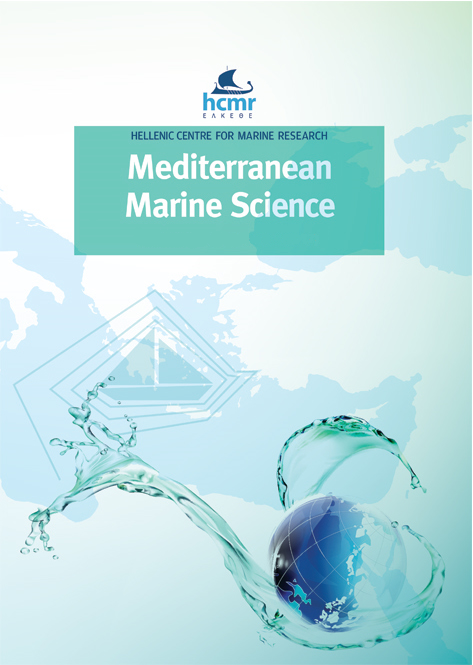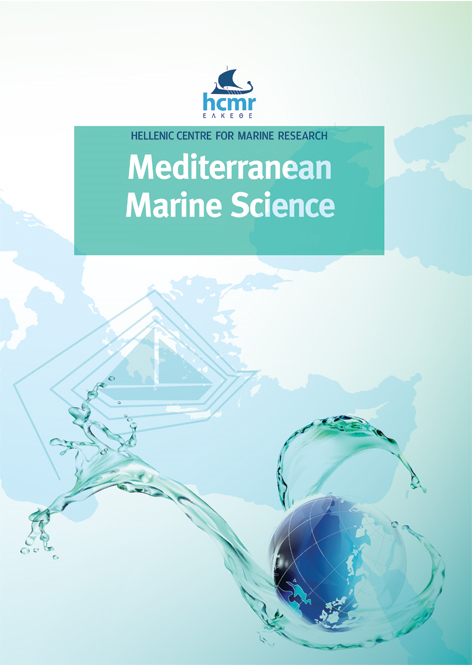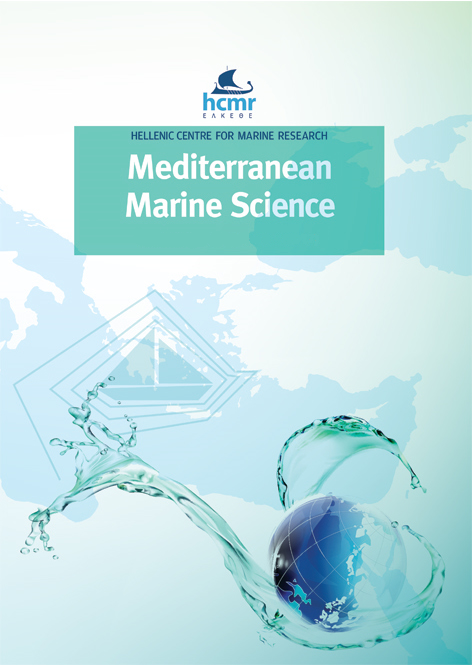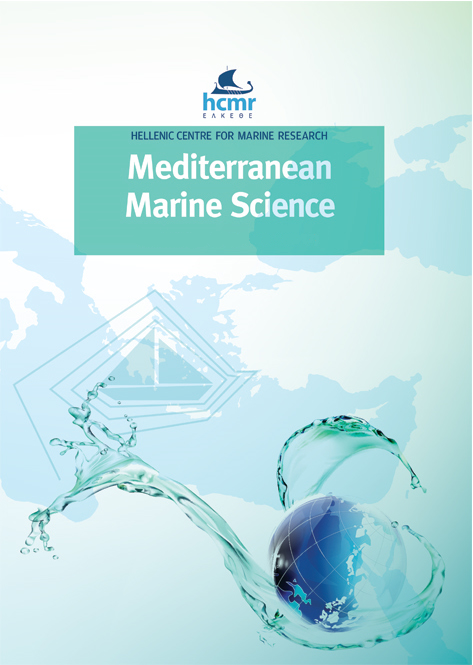Ocean Literacy across the Mediterranean Sea basin: Evaluating Middle School Students’ Knowledge, Attitudes, and Behaviour towards Ocean Sciences Issues

Abstract
The Mediterranean Sea is characterized by rich biodiversity, and its region hosts people living in several countries with a rich variety of cultures, but – at the same time – it is “under siege”, due to anthropogenic pressures. To address these pressures, many actions are needed aiming, among others, at establishing Ocean Literacy (OL) across the Mediterranean countries and preparing the future generation of Mediterranean Sea-literate citizens. Towards this aim, the present cross-national study investigated OL issues in relation to content knowledge, possible common misconceptions, attitudes, and the self-reported behavior of 2,533 middle school students from eight Mediterranean countries (Croatia, Cyprus, Egypt, Greece, Italy, Malta, Spain, and Turkey), as well as certain background elements (e.g., gender, grade level, environmental education experience, sources of relevant information). The results of this study revealed that middle school students of all studied countries possess a moderate level of ocean sciences content knowledge, while they showed satisfactory pro-environmental attitudes and behavior. These findings along with further research are expected to function as a baseline for the design, implementation, and launch of specifically targeted programs, educational activities, teaching resources, curricula, and school textbooks, which will be achieved through close collaboration between schools, universities, research institutes, and Ministries of Education, thus contributing to the future protection and sustainable development of the Mediterranean Sea region.
Article Details
- How to Cite
-
KOULOURI, P., MOGIAS, A., MOKOS, M., CHEIMONOPOULOU, M., REALDON, G., BOUBONARI, T., PREVIATI, M., TOJEIRO FORMOSO, A., KIDEYS, A. E., HASSAAN, M. A., PATTI, P., KORFIATIS, K., FABRI, S., & JUAN, X. (2022). Ocean Literacy across the Mediterranean Sea basin: Evaluating Middle School Students’ Knowledge, Attitudes, and Behaviour towards Ocean Sciences Issues. Mediterranean Marine Science, 23(2), 289–301. https://doi.org/10.12681/mms.26797
- Section
- Special Issue Ocean Literacy
Authors who publish with this journal agree to the following terms:
- Authors retain copyright and grant the journal right of first publication with the work simultaneously licensed under a Creative Commons Attribution Non-Commercial License that allows others to share the work with an acknowledgement of the work's authorship and initial publication in this journal.
- Authors are able to enter into separate, additional contractual arrangements for the non-exclusive distribution of the journal's published version of the work (e.g. post it to an institutional repository or publish it in a book), with an acknowledgement of its initial publication in this journal.
- Authors are permitted and encouraged to post their work online (preferably in institutional repositories or on their website) prior to and during the submission process, as it can lead to productive exchanges, as well as earlier and greater citation of published work (See The Effect of Open Access).







